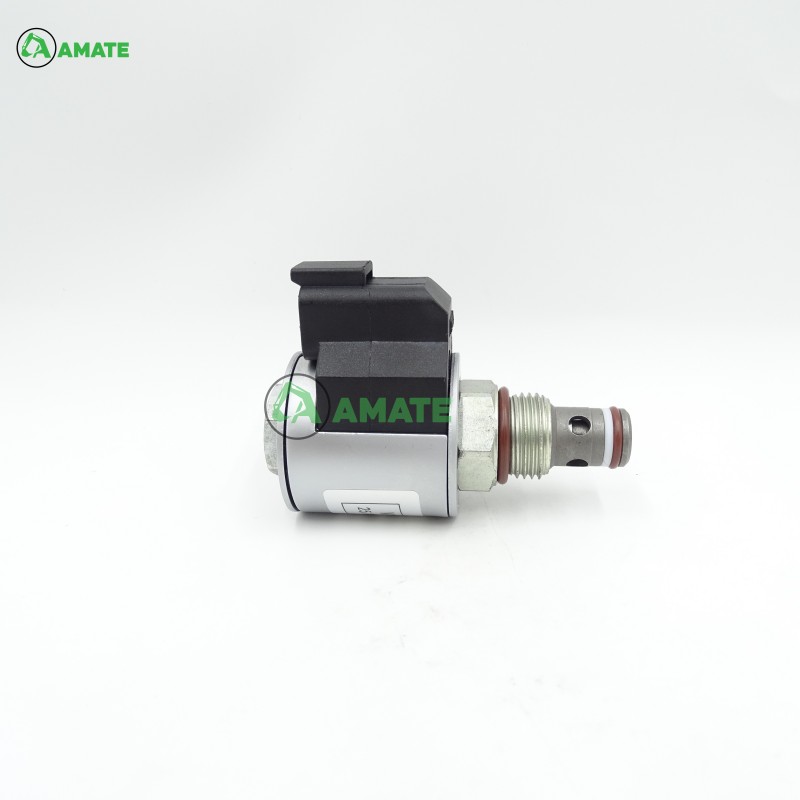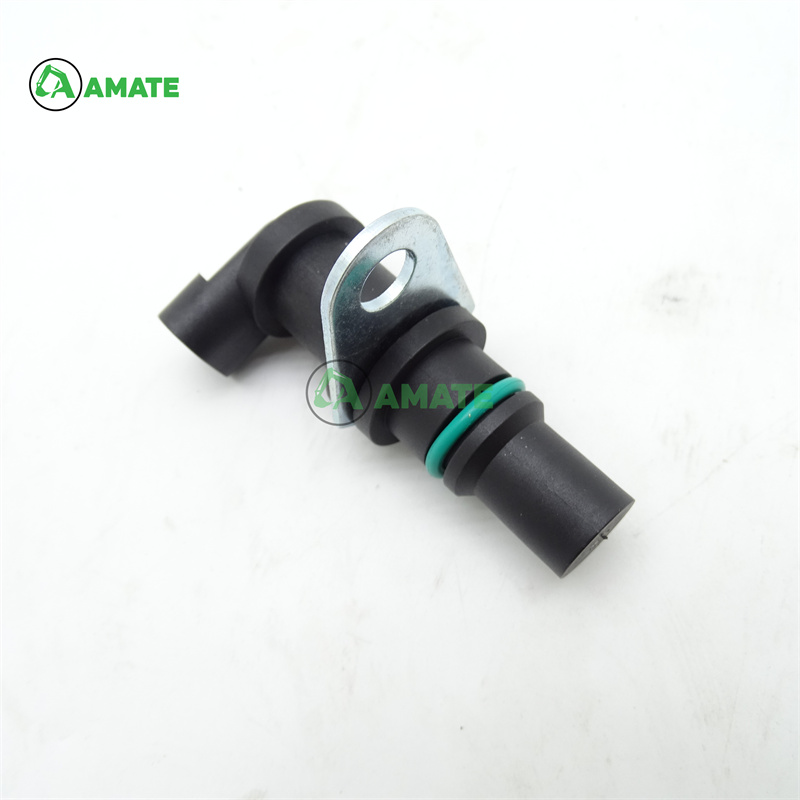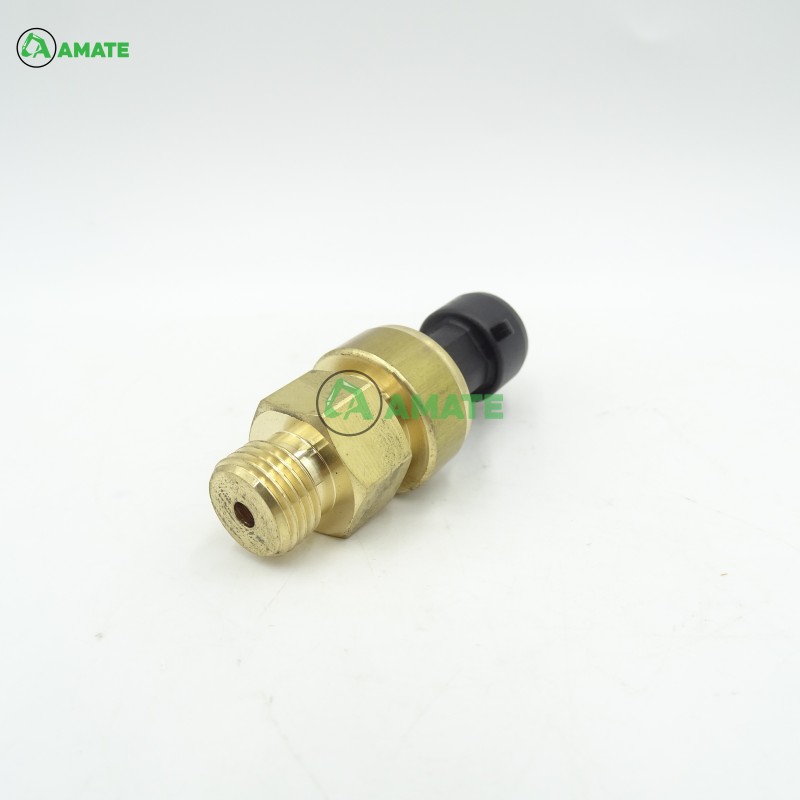Analysis on the Current Status and Future Trends of the Speed Sensor Industry
The speed sensor industry has maintained steady growth in recent years, mainly benefiting from the increase in demand for industrial automation, automotive electronics and smart devices. In the industrial field, speed sensors are widely used in motor control, robots and transmission system monitoring, and high precision and anti-interference capabilities have become the focus of technical competition. The demand for speed sensors in the automotive industry has accelerated with the trend of electrification and intelligence, especially in ABS, gearboxes and new energy vehicle motor control systems.
In addition, the popularity of smart homes and IoT devices has promoted the research and development of miniaturized and low-power sensors. At present, industry technology trends include the maturity of MEMS (microelectromechanical systems) technology, wireless transmission integration, and the promotion of multi-sensor fusion solutions. The market competition is fierce, price pressure and technological innovation coexist, and some manufacturers have formed differentiated advantages through customized services or high-reliability products.
In terms of challenges, raw material cost fluctuations and supply chain stability affect production, while downstream industries have continuously improved the durability and environmental adaptability of sensors. In the future, with the penetration of 5G and AI technologies, the application potential of speed sensors in predictive maintenance and real-time data analysis will be further released, and the industry may continue to evolve in the direction of intelligence and integration.








